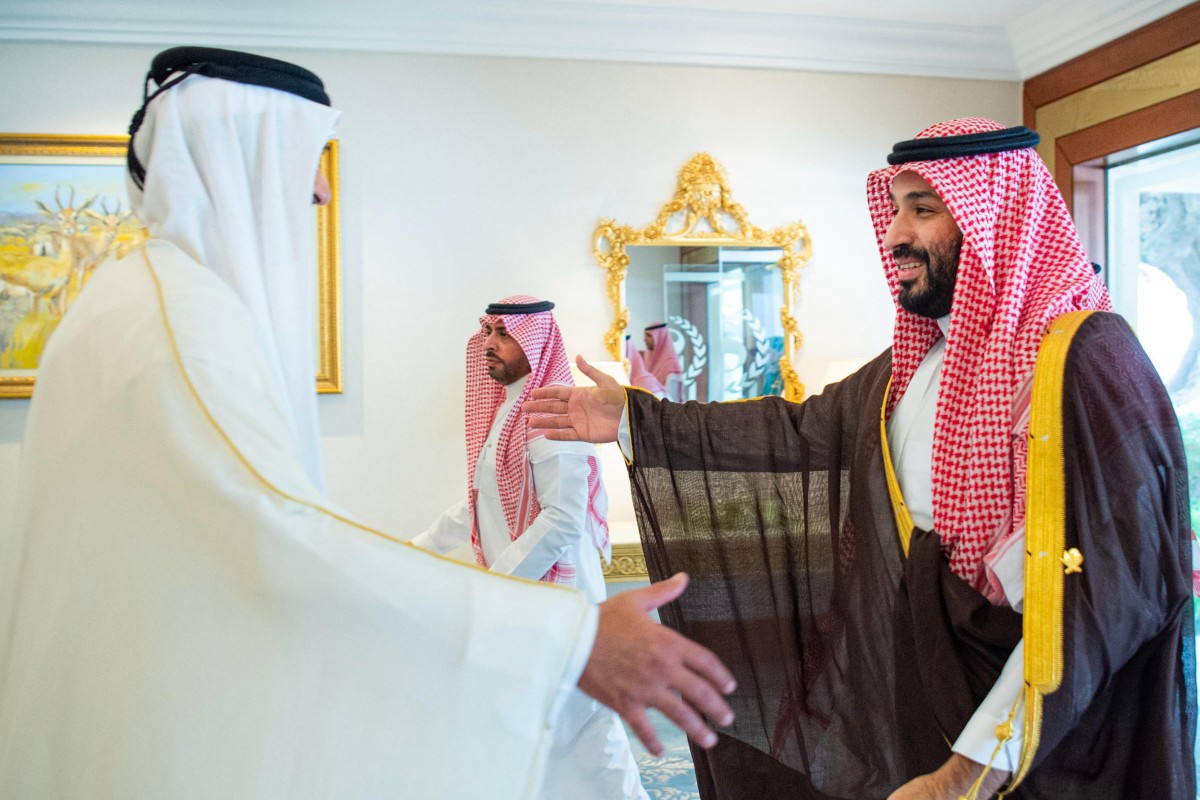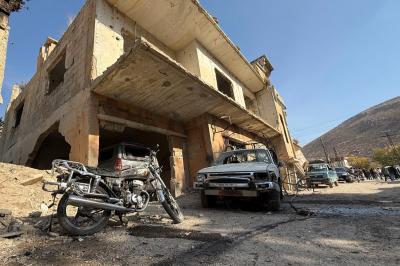The Abraham Accords mark their fifth anniversary in their most precarious moment yet. Signed on September 15, 2020, at the White House, they were hailed as a strategic breakthrough for peace in the Middle East and a decisive step separating the Palestinian cause from the path of normalization.
For U.S. President Donald Trump, the accords were a personal victory at the end of his first term, while for Israeli Prime Minister Benjamin Netanyahu, they represented his only diplomatic achievement at the time—cementing ties with the UAE, Bahrain, Morocco, and Sudan. Cooperation soon expanded into intelligence, smart agriculture, precision medicine, artificial intelligence, smart cities, tourism, trade, and social and cultural exchanges.
But the accords were already fragile when the October 7, 2023 “Al-Aqsa Flood” attack shattered illusions of Israeli deterrence. From that point on, moving forward with such agreements alongside an increasingly aggressive Israel became politically untenable.
The latest Israeli strike in Doha has further rolled back the clock to pre-2020, when the regional threat was largely defined as Iranian. Today, with Tehran weakened by blows to its axis and direct strikes on its soil, Israel has emerged as the primary danger in Arab eyes.
Netanyahu’s Miscalculation
Since October 7, Israel has been forced to reckon with its loss of deterrence. Netanyahu, long inspired by revisionist Zionist ideologue Ze’ev Jabotinsky, attempted to resurrect his vision of an “iron wall” against Israel’s enemies. In a dramatic move, he ordered the bombing of a Hamas leadership meeting—in a Gulf country for the first time—ironically in Doha, the same state mediating hostage talks and one backed by Washington itself.
Convinced that Gulf states—focused on countering the Muslim Brotherhood and skeptical of Qatar—would turn a blind eye, Netanyahu miscalculated. Instead, the UAE, historically the Brotherhood’s fiercest foe, issued a strong condemnation of Israel and reportedly barred Israeli defense firms from participating in the upcoming Dubai Air Show in November, citing “security concerns.”
Red Lines: Gaza and the West Bank
The Emirati stance dovetails with its growing criticism of Israeli settlement expansion and the assault on Gaza. Crucially, Abu Dhabi has drawn a red line at any Israeli plan to annex large parts of the West Bank, warning of escalating consequences if Netanyahu proceeds.
For Netanyahu—whose shaky coalition depends on far-right nationalists—annexation could serve as an electoral strategy to rally support, especially as international recognition of Palestinian statehood gains momentum. He believes ties with the UAE can be salvaged, despite declining trade since the Gaza war. Yet five years into normalization, Netanyahu has not once visited the UAE, and Emirati frustration has grown so deep that Abu Dhabi summoned Israel’s deputy ambassador to protest the behavior of the Netanyahu-aligned envoy.
Future steps could include downgrading diplomatic relations, limiting public engagement, recalling ambassadors, or even suspending participation in the accords altogether.
A Unified Gulf and Arab-Islamic Front
In September, at an emergency summit in Doha, Gulf and wider Arab-Islamic states issued a rare unified call to review political and economic ties with Israel. Such consensus would have been impossible without Saudi Arabia’s shift toward a more openly critical stance on Israel.
Riyadh today is the driving force behind international recognition of a Palestinian state, refusing normalization without a two-state solution. As such, the Abraham Accords have no viable future until the Gaza war ends and a credible Palestinian peace framework emerges—one requiring a new Israeli leadership, more aligned with Washington and more serious about peace.
Gulf states are expected to finance postwar reconstruction, but such efforts will inevitably pass through Israel, demanding close Arab-Israeli coordination under any future government. Hence the growing anticipation of Netanyahu’s downfall in upcoming elections, likely within a year.
The Stakes for the Accords
Despite the setbacks, the accords are unlikely to be buried outright. Their survival, however, depends on the political demise of Israel’s current far-right leadership. Netanyahu’s government is increasingly seen as driven by religious ideology and personal interests, pursuing regional dominance through military force and attempts to redraw the Middle East order.
His Doha strike, annexation ambitions, Gaza invasion, and talk of displacing Palestinians to neighboring states have only deepened Arab unease. For Gulf monarchies that prize stability to underpin their ambitious economic visions, Israel’s actions are unacceptable—and cannot be allowed to set precedent.
Gulf capitals now weigh pressure tactics, from diplomatic downgrades to economic measures, aimed not only at Israel but also at Trump, urging him to recognize that Israel’s behavior threatens both the accords and Washington’s own regional influence.
Should the U.S. fail to defend its closest Middle Eastern allies, its security guarantees could lose meaning—prompting Gulf states to hedge by enhancing defense cooperation within the GCC and exploring alternative security partnerships, such as the budding Saudi-Pakistani defense axis.
Please post your comments on:
comment@alsafanews.com
 Politics
Politics













